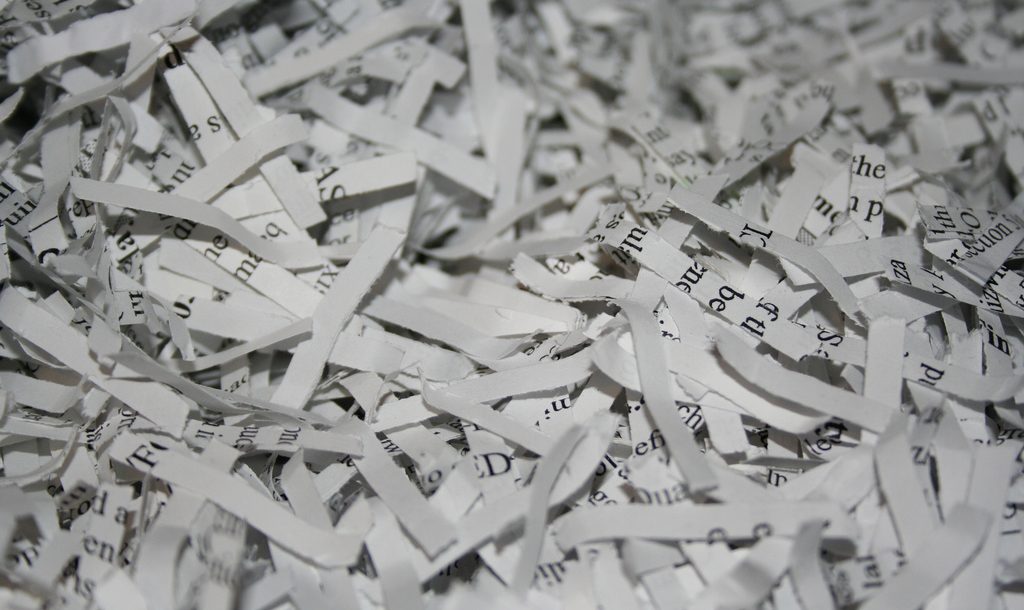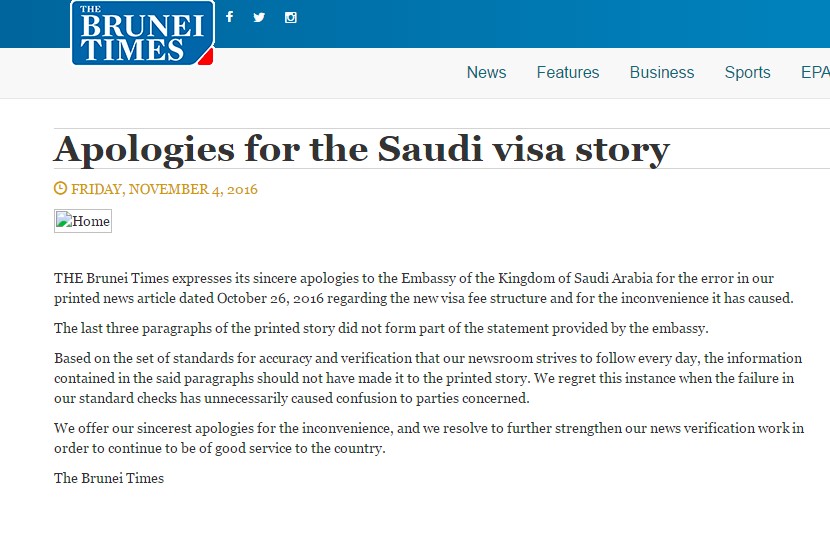More bad news for press freedom in Southeast Asia.
The Brunei Times, the second-largest publication in Brunei’s small and heavily censored media landscape, has been shut down. The paper was issued an official order to “cease publication and operations on 7 November” just three days prior, leaving 110 employees jobless in face of an economy analysts have described as “spluttering.”
This is a significant loss to journalism in a nation ranked 155th in the world for press freedom, compared to Thailand’s ranking of 136, and Myanmar’s ranking of 143.

The last issue of The Brunei Times, which has been publishing since mid-2006, contained an announcement stating the closure was due to “business issues, reporting and journalistic standards that should meet the mark set, and also issues relating to business sustainability.”

However, unsatisfied Bruneians on social media are pointing to a different tale.
An ex-writer for The Brunei Times reported in Pakistani news that the real motive behind the shutdown was a complaint filed by the Saudi Embassy, after The Brunei Times published quotes from an unnamed source in a story published on 26 October. The article covered the increase in Hajj and Umra visa fees for Bruneian residents, with the unnamed embassy spokesperson describing the hike as a result of economic downturn from falling oil prices (click here to view a text archive of the now deleted article).
Although an apology was issued on 4 November, there are angry suggestions circulating on social media that the complaint provided the final incentive for government to shut down the publication, which often toed the line of Bruneian censorship standards — even though they may have annoyed authorities from time-to-time.
According to the report, the anonymous ex-employee source stated, “The government had been angry with the paper for quite sometime for its work but the Saudi Embassy story proved to be the final straw.”
Students and researchers are also mourning the loss of the newspaper, which provides an invaluable source of information on Brunei spanning the last ten years.
In a country where there is virtually no criticism of government and where voices are worn weary under the threat of harsh and repressive legislation, we may very well never know what, or more darkly who, buried The Brunei Times. In an age of wavering press freedom in Southeast Asia, this is deeply troubling, solemn news.
 Facebook
Facebook  Twitter
Twitter  Soundcloud
Soundcloud  Youtube
Youtube  Rss
Rss 
